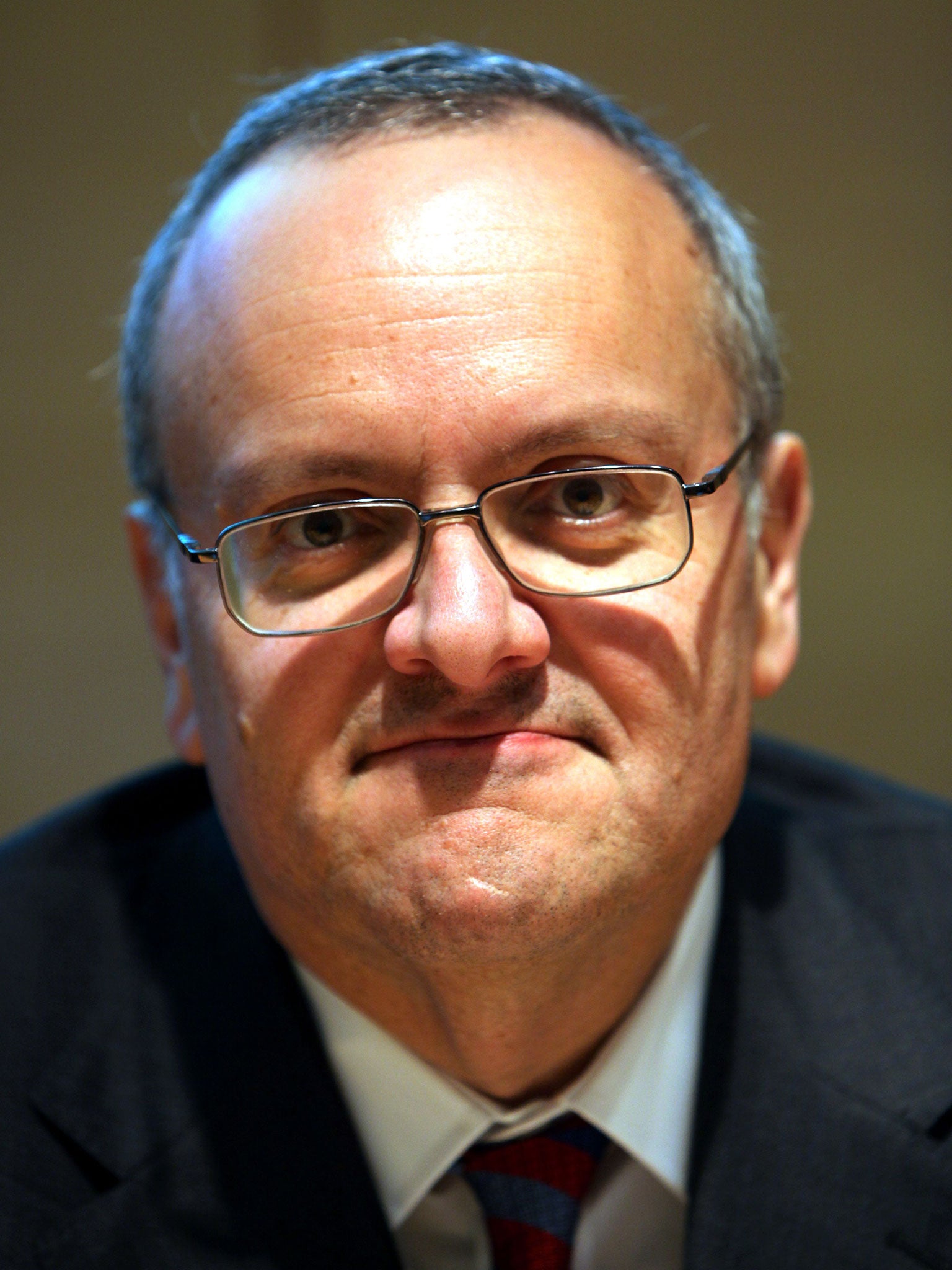Middle-aged people to be told 'brain age' to help cut rates of dementia
Aim is to shock them into changing their lifestyle

Middle-aged people are to be told how fast their brain is ageing in an attempt to cut rates of dementia.
A computer program has been developed to enable GPs to give an estimate of someone’s “brain age” after finding out about how much exercise they take, whether they smoke, how much they drink and other factors.
Dr Charles Alessi, who leads on dementia for Public Health England, which designed the new screening system, told The Daily Telegraph: “Dementia is going through that phase where people are very scared of it - but you can use the fact they are willing to change their behaviour because they are scared of it to enable to make that change take place.
“It’s become clear that actions to tackle smoking, drinking, sedentary behaviour and poor diet could really reduce the risk of dementia in later life.
“The tool compares the rate of brain aging compared to the actual age of the individual. We would have something that would assist people in managing their own behaviour.”
He added that despite being 60 years old he could achieve a brain age of 96 if he adopted a particularly bad lifestyle.
Research by Cambridge University academics found people who did not do 20 minutes of vigorous exercise three times a week or take five 30-minute walks a week were more than 80 per cent more likely to get dementia in later life. Obesity, high blood pressure, smoking and diabetes also raise the risks of the disease by between 46 and 61 per cent.
Roger Goss, from Patient Concern, suggested telling people their brains were older than they were might be counter-productive.
“This is heavy-handed and intrusive, not only could this frighten people, on the basis of spurious forecasts, but this sort of approach could people off seeking help from their GP when they need it,” he said.
“These kinds of ideas are outrageous – people don’t want to be nagged by their doctor into changing their lifestyle, these are the choice we make as individuals, and GPs should be there when we go to them for help, not forcing this stuff down our throats.”
Join our commenting forum
Join thought-provoking conversations, follow other Independent readers and see their replies
Comments
Bookmark popover
Removed from bookmarks